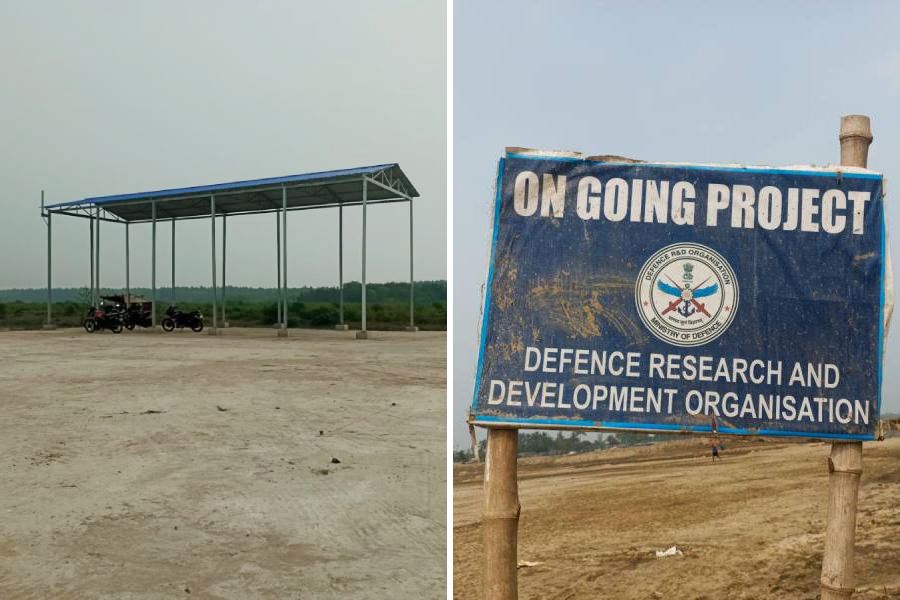SOURCE: AFI WITH IDRW.ORG TEAM

News of a planned missile test launch from the Junput coast in East Medinipur district, West Bengal, has sparked mixed reactions among local communities and stakeholders. While the Defense Research and Development Organization (DRDO) views this as a crucial step in enhancing coastal security and surveillance, concerns regarding potential impacts on tourism and livelihoods are also being voiced.
Central defense agencies see the coastal areas of West Bengal as strategically important and are investing in boosting security measures. The proposed missile test launch pad is seen as a part of this initiative. Proponents argue that such facilities are necessary to deter potential threats and strengthen national security.
However, the project has also raised concerns among tourism stakeholders, particularly in Digha, a popular tourist destination adjacent to Junput. Some fear that protests against the launchpad and potential disruptions could negatively impact tourism, a vital source of income for many families.
Similarly, fishermen in the area are apprehensive about the impact on their livelihood. They worry about restrictions on access to fishing grounds and potential harm to marine life due to the launch activities. Their concerns are amplified by the perceived lack of transparency and consultation with local communities during the planning process.
These concerns have translated into protests led by local residents, including Amin Sohail, a Trinamool member and representative of the Sub-district Fishermen’s Development Association. They demand transparency, protection of their livelihoods, and consideration of alternative locations if necessary.
The planned missile test launch in Junput highlights the complex interplay between national security priorities and local community concerns. Finding a solution that balances both requires open communication, thorough environmental impact assessments, and a commitment to addressing the concerns of affected communities. Only then can such projects truly contribute to a secure and sustainable future for all.